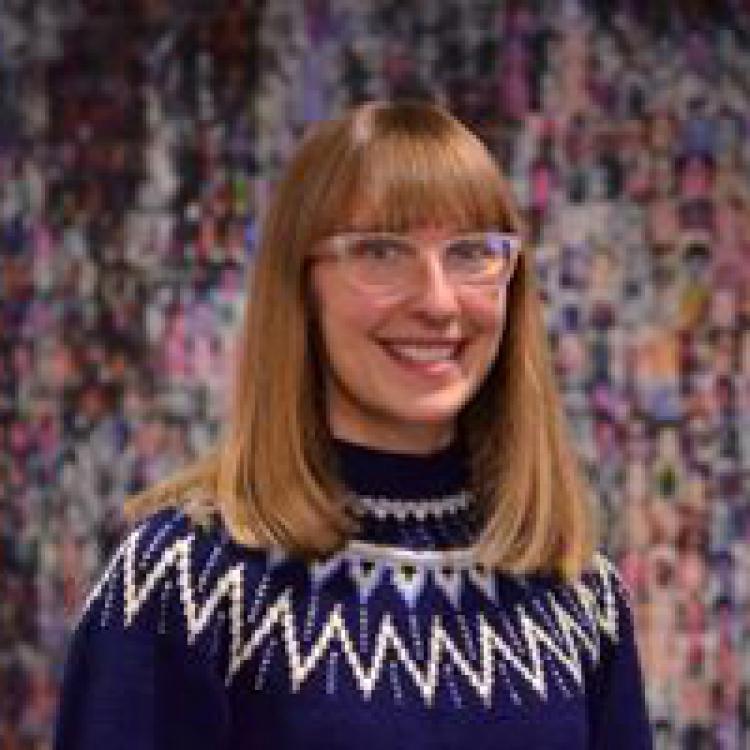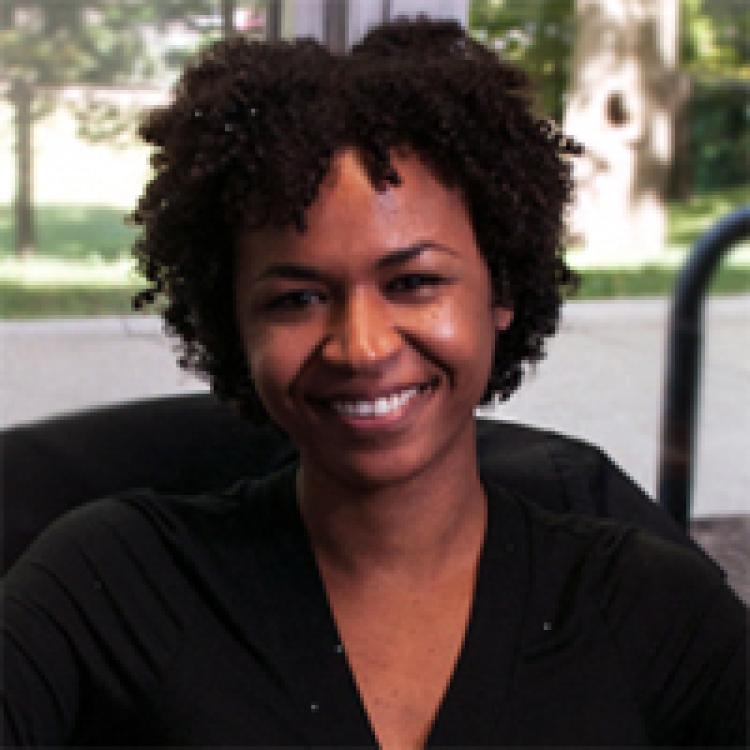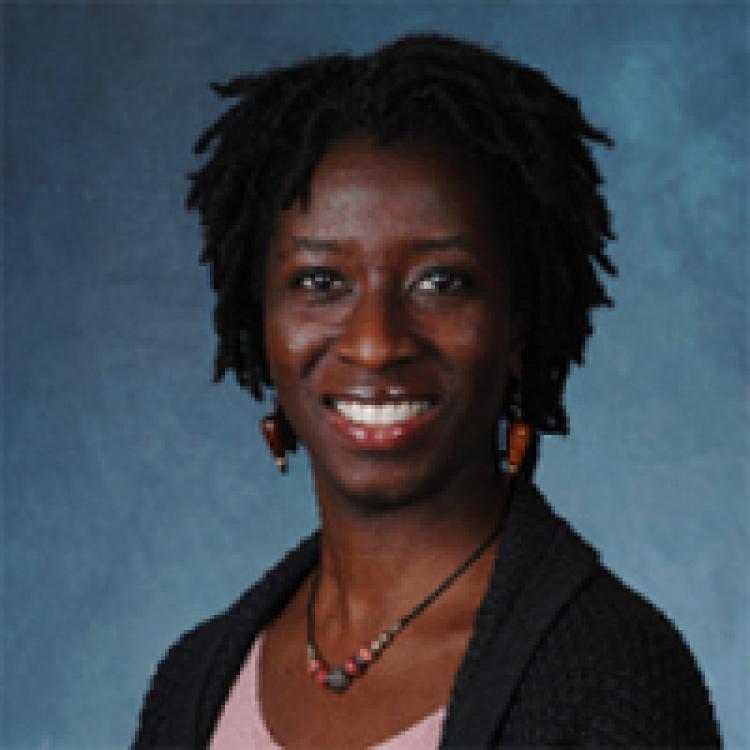New Associate Faculty
We are excited to announce three new Associate Faculty members in Women and Gender Studies: Amanda Stevenson, Kaifa Roland, and Joëlle Cruz. Our Associate Faculty work in conjunction with the core faculty to promote a strong and interdisciplinary community of scholars. They meet regularly to discuss departmental issues, serve on committees, and participate in events, and their research interests touch on a wide range of issues pertaining to the study of women, gender, and sexuality studies.

A graduate of the University of Texas at Austin, Stevenson uses both demographic methods to study the impacts of reproductive health policies, and computational methods to study social responses to these policies. “Here at CU, I would recommend the courses in Information Science, particularly their graduate methods sequence, which is one of the best around,” notes Stevenson. She credits a course she took in the semantics of programming languages for preparing her to understand computation regardless of the platform or language.
Stevenson also regularly testifies before legislative bodies and committees regarding the demographic impacts of proposed or enacted reproductive health legislation. “I started testifying my first year of graduate school, just based on others’ research, but I quickly started doing my own work specific to Texas and would testify on that,” she relates. “One of the things I realized while talking with legislators is that they cared deeply about their districts, so I developed an app to display my estimates of the impact of defunding family planning for each individual district in Texas.” Stevenson has also drafted expert declarations and briefs for legal challenges to restrictive reproductive health laws and was an expert witness in the challenge to Texas’ restriction of Planned Parenthood from its Medicaid program.

Cruz has also recently published an autoethnographic piece, "Brown Body of Knowledge: A Tale of Erasure" in the journal Cultural Studies - Critical Methodologies (2017), consisting of five short poems which document her own experience of discursive closure in academia through the intersection of her own identities. Cruz notes that "beyond my immediate story, poetic prose helps to document experiences of silencing and annihilation, which are particularly difficult to put into words." This powerfully moving piece highlights the complexities of institutional silencing faced by many foreign-born faculty.
Cruz is also the author of multiple journal articles and book chapters, including a co-authored chapter titled "Releasing/Translating Agency: A Postcolonial Disruption of the Master’s Voice among Liberian Market Women" in the recently released book The Agency of Organizing: Perspectives and Case Studies (Routledge, 2017). She has also recently published the research article "Invisibility and Visibility in Alternative Organizing: A Communicative and Cultural Model" in Management Communication Quarterly (2017), the culmination of 40 interviews and 100 hours of participant observation with market women's susu groups in Monrovia, Liberia. "Departing from Western-centered approaches," Cruz writes, "I deployed African feminisms to examine how organizational members communicatively negotiate invisibility and visibility in a different cultural logic and context".

Roland has recently published the article "How bodies matter: Yesterday's America today" in the HAU: Journal of Ethnographic Theory (2017). This article responds to a statement in the essay, "The Hands of Donald Trump" (Hall, Goldstein, and Ingram 2016), which had a visceral effect on Roland when she read it: "Trump's body matters." "Upon reading those words, my skin crawled and my stomach churned, but the impulses of my black female body did not matter," writes Roland. She further argues that questions of racialization and belonging are central to defining how bodies matter.
This semester, Roland is currently teaching two anthropology courses: The Caribbean in Post-Colonial Perspective and Explorations in Anthropology: Brown Studies. She recently participated as a panelist at the Borders Conference, held in September at CU Boulder, discussing the topic "Navigating Racialized Space: Notes on Bodies and Borders." Her current research includes a submission "Black Hair Do’s: Televisual and Autoethnographic Reflections" to a special themed issue of the Journal of American Culture which will explore visions of Black womanhood in American culture.

